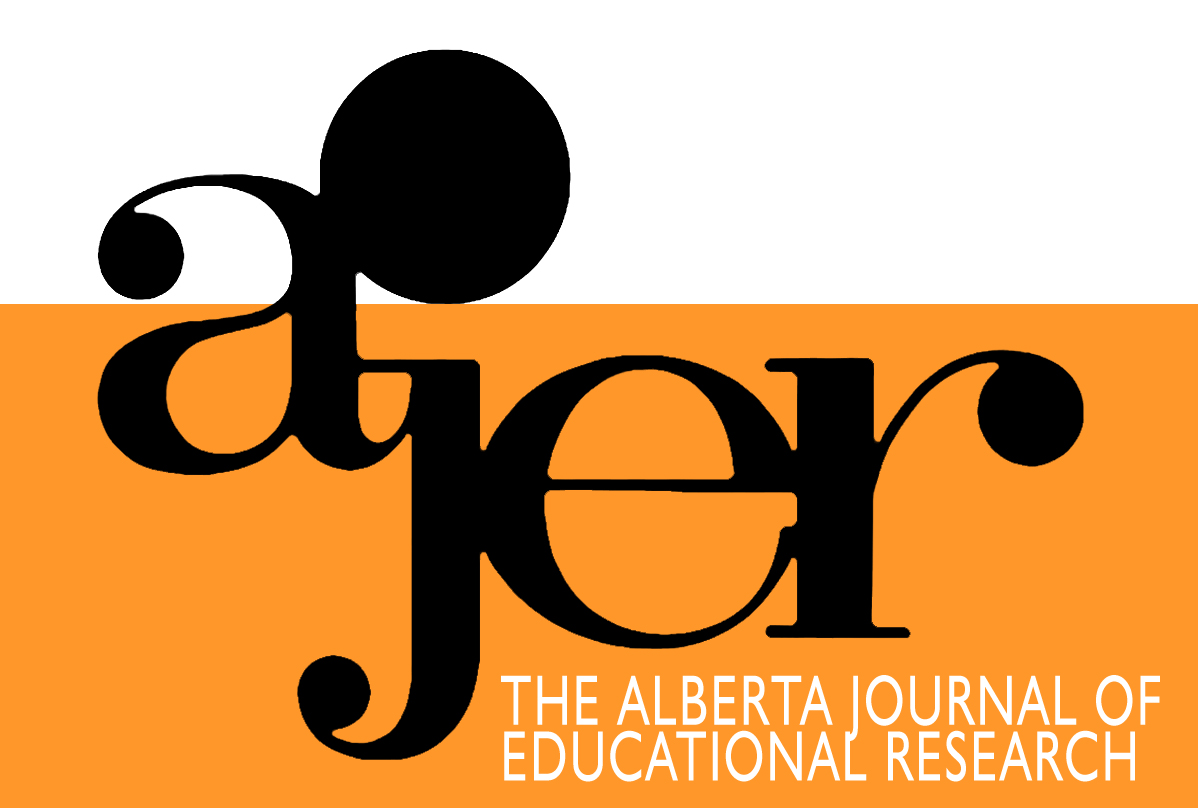Effects of Experience on Teachers’ Self-Efficacy in Secondary Schools
DOI:
https://doi.org/10.55016/ojs/ajer.v68i1.70744Abstract
The present study investigated the effects of teaching experience on teachers’ self-efficacy in Kenyan secondary schools. The study used a sequential explanatory design and the Teacher Self-Efficacy Scale. This scale consisted of a total of 24 items with eight items measuring each of the three domains of teacher self-efficacy: student engagement, instructional strategies, and classroom management. The face and content validities of the modified Teacher Self-Efficacy Scale were ascertained by two experts in Educational Psychology from a Kenyan university. The sample size of the study comprised 327 teachers obtained using stratified random sampling technique. The quantitative data was analyzed using Multivariate Analysis of Variance (MANOVA) but qualitative data from interviews was analyzed thematically. The MANOVA results demonstrate that the effects of experience on teachers’ self-efficacy was significant, Wilk’s λ (7, 319 = 0.945, p = 0.019). The article concludes that Kenyan Teachers’ Service Commission should utilize experienced teachers as resource persons who are attached to several schools.
Key words: Experience, Teachers’ Self-Efficacy, Secondary Schools
La présente étude a examiné les effets de l'expérience d'enseignement sur l'auto-efficacité des enseignants dans les écoles secondaires du Kenya. L'étude a utilisé un plan explicatif séquentiel et l'échelle d'auto-efficacité des enseignants. Cette échelle comprend un total de 24 éléments, dont huit mesurent chacun des trois domaines d'auto-efficacité des enseignants : l'engagement des élèves, les stratégies d'enseignement et la gestion de la classe. Les validités de face et de contenu de l'échelle modifiée d'auto-efficacité de l'enseignant ont été vérifiées par deux experts en psychologie de l'éducation d'une université kenyane. L'échantillon de 327 enseignants a été obtenu par la technique d'échantillonnage aléatoire stratifié. Les données quantitatives ont été analysées à l'aide de l'analyse multivariée de la variance (MANOVA), mais les données qualitatives issues des entretiens ont été analysées de manière thématique. Les résultats du MANOVA démontrent que les effets de l'expérience sur l'auto-efficacité des enseignants étaient significatifs, Wilk's λ (7, 319 = 0.945, p = 0.019). L'article conclut que la Kenyan Teachers' Service Commission devrait utiliser des enseignants expérimentés comme personnes ressources qui sont attachés à plusieurs écoles.
Mots clés: expérience, auto-efficacité des enseignants, écoles secondaires.
Downloads
Published
Issue
Section
License
UNIVERSITY OF ALBERTA COPYRIGHT LICENSE AND PUBLICATION AGREEMENT
If accepted, authors will be asked to sign a copyright agreement with the following points:
A. Where there is any inconsistency between this Copyright License and Publication Agreement and any other document or agreement in relation to the same subject matter, the terms of this Agreement shall govern.
B. This document sets out the rights you are granting in relation to publication of your article, book review, or research note entitled (the “Article”) through inclusion in the academic journal titled Alberta Journal of Educational Research (the “Journal”) published through the Faculty of Education, representing the Governors of the University of Alberta (the “Journal Editor”).
C. There will be no payment to you for this publication and grant of rights. In consideration of the agreement to publish the Article in the Journal:
1. You are warranting that:
- the content of the Article is your original work, and its content does not contain any material infringing the copyright of others; or, where the Article is not entirely your original work, you have obtained all necessary permissions in writing to grant the rights you are giving in this agreement;
- the content of the Article does not contain any material that is defamatory of, or violates the privacy rights of, or discloses the confidential information of, any other person;
- the Article has not been published elsewhere in whole or in part, and you will not allow publication of the Article elsewhere without the consent of the Journal Editor;
- the names of all co-authors and contributors to the Article are:
2. You agree to license the copyright in the Article to the Journal Editor, on a worldwide, perpetual, royalty free basis; and to the extent required by the terms of this agreement. You shall retain the right at all times to be acknowledged as the/an author of the Article.
3. You further agree that the Journal Editor has the entitlement to deal with the Article as the Journal Editor sees fit, and including in the following manner;
- The right to print, publish, market, communicate and distribute the Article and the Journal, in this and any subsequent editions, in all media (including electronic media), in all languages, and in all territories, ing the full term of copyright, and including any form of the Article separated from the Journal, such as in a database, abstract, offprint, translation or otherwise, and to authorize third parties to do so;
- The right to register copyright of the Journal;
- The right to edit the Article, to conform to editorial policy as the Journal Editor sees fit.
4. If any co-author or contributor to the Article does not sign this agreement, the Journal Editor reserves the right to refuse to publish the Article.



